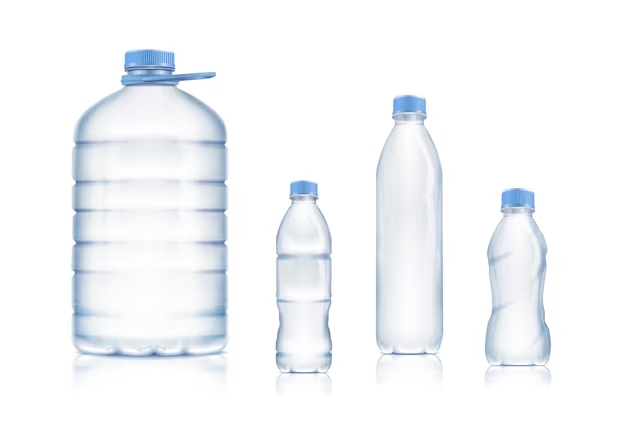In a major shift in regulations affecting the packaged drinking water industry in India, the government has announced a significant change regarding certification. The Bureau of Indian Standards (BIS) certification, which was previously required for all packaged drinking water products, is now no longer necessary. Instead, manufacturers are required to obtain a Food Safety and Standards Authority of India (FSSAI) license to ensure the safety and quality of their products. This change comes after a notification issued by the FSSAI on October 17, 2024, and aims to streamline the regulation of packaged drinking water.
Key Regulatory Changes
The updated rules signify that packaged drinking water manufacturers will no longer need to seek BIS certification to sell their products in the market. The BIS certification, a standard for quality control, has been replaced with an FSSAI Food Safety License or Registration. The license can be obtained through the official FSSAI portal, providing a simpler, more accessible method for businesses to comply with food safety standards. The revised guidelines aim to ease the compliance process for manufacturers while maintaining the focus on quality and safety.
FSSAI Testing Requirements
One of the critical aspects of the new regulations is the mandatory testing of all packaged drinking water. To ensure the product meets safety standards, manufacturers must send every batch of bottled water for testing in an FSSAI-approved laboratory. These tests are conducted to verify that the water is free from harmful chemicals, pathogens, and other contaminants. This step guarantees that consumers are provided with safe and high-quality drinking water.
New Labeling Guidelines
Along with the change in certification requirements, the government has also introduced new labeling standards for packaged drinking water. All labels must contain specific details to ensure transparency and provide consumers with the necessary information regarding the product. The following details must be displayed on the label:
- The product name (i.e., packaged drinking water)
- The manufacturer's name and address
- Brand name (if applicable)
- Lot or batch number
- Date of packaging
- Best Before date
- The FSSAI logo along with the registration/license number
These labeling requirements aim to increase consumer trust by allowing buyers to verify that the product complies with food safety standards.
Legal Implications for Non-Compliance
Manufacturers who fail to comply with the updated regulations will face legal consequences under the Food Safety and Standards Act, 2006. Non-compliance could result in penalties or suspension of the manufacturing license, potentially halting the sale of the products in the Indian market. Therefore, businesses must ensure that they meet all the new requirements to avoid facing any legal action.
Why Is This Change Important?
This change is a step toward simplifying the regulatory framework for packaged drinking water manufacturers while maintaining rigorous standards of safety and quality. The transition from BIS certification to FSSAI registration will streamline the regulatory process, making it more efficient for businesses. By centralizing oversight under the FSSAI, the government aims to improve the monitoring and control of water quality in the country.
For consumers, these updated regulations are a positive development. The mandatory testing and clear labeling ensure that packaged drinking water is safe for consumption and of a high standard. As more people rely on bottled water for daily consumption, knowing that there is a regulatory framework in place to ensure product safety is a welcome change.
Impact on the Industry
For the packaged drinking water industry, the new regulations are a clear indication that the government is focused on improving food safety standards across the board. Manufacturers will now need to prioritize obtaining their FSSAI license and ensure that all their products are tested and comply with the new labeling requirements.
The shift away from BIS certification may seem like a significant change, but the process of obtaining an FSSAI license is relatively straightforward and can be done through the FSSAI online platform. This change may also reduce the administrative burden on smaller manufacturers who found the BIS certification process cumbersome.
Conclusion
The recent changes regarding the certification and regulation of packaged drinking water in India represent a step forward in simplifying the regulatory environment while maintaining high standards of quality and safety. The new requirement for an FSSAI license, along with mandatory testing and updated labeling guidelines, ensures that consumers have access to safe, clean water. It is now more crucial than ever for manufacturers in the packaged water industry to stay informed and compliant with these new regulations.
At Indian Nexus, we will continue to keep you updated with the latest developments in regulatory changes and their impact on businesses in the food and beverage sector.











